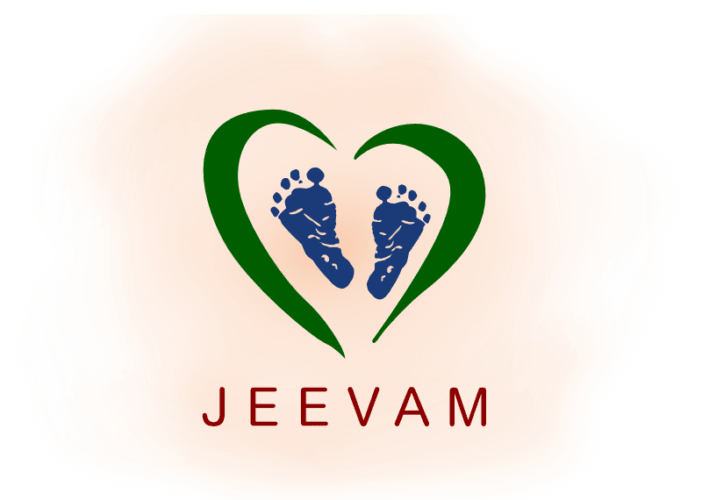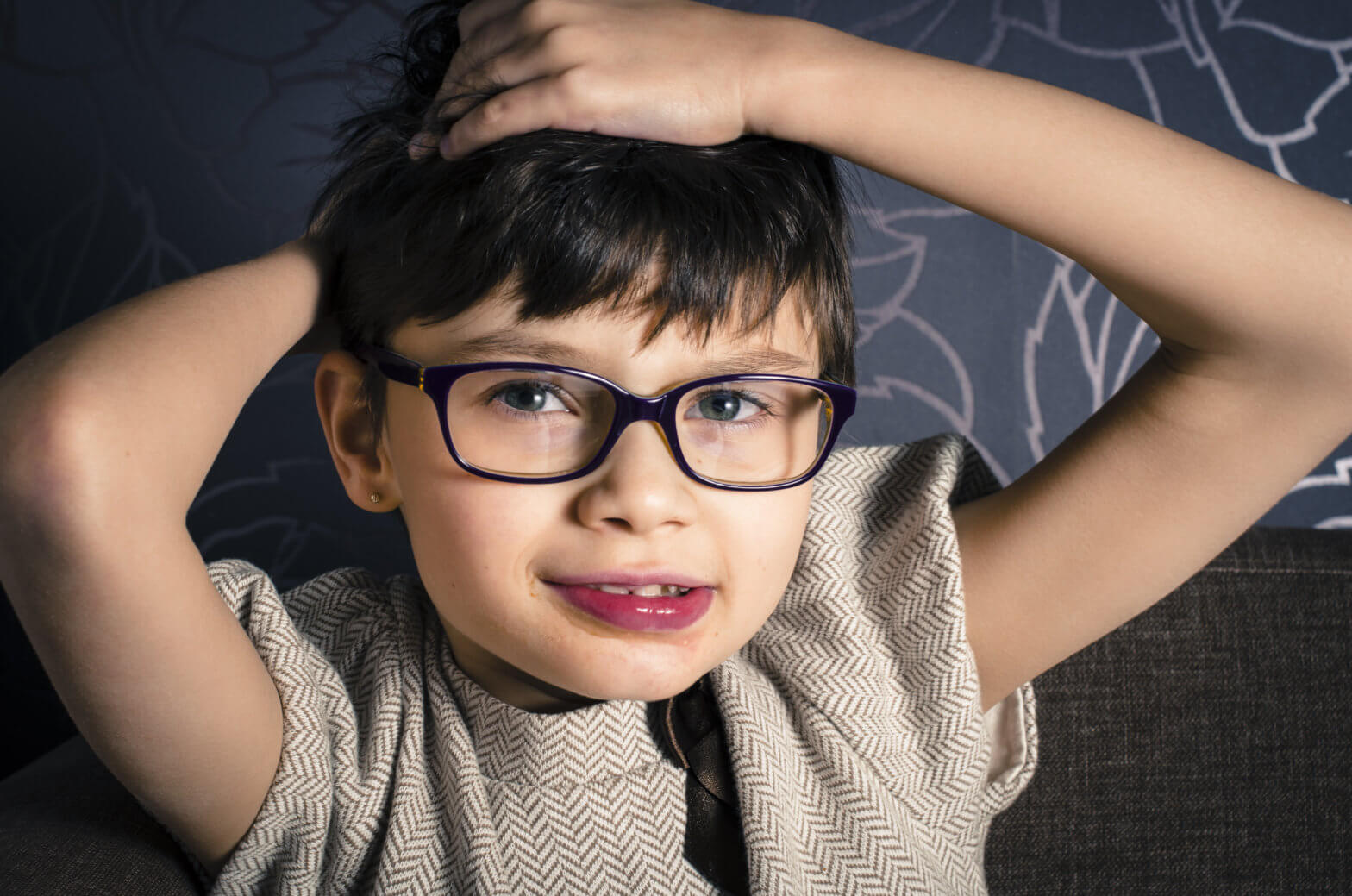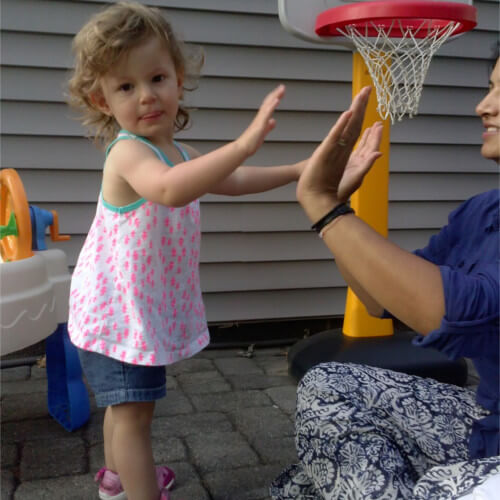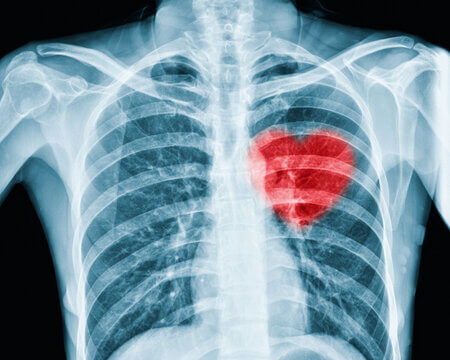Rett Syndrome
Treatment for Rett Syndrome at Jeevam Therapy
If you have a child who struggles with the condition known as Rett Syndrome, you may have trouble finding other parents who understand or relate to this problem. Rett Syndrome occurs in just one out of every 8,500 female births, and the condition itself was not formally recognized and named until 1966. Fortunately, you can find ways to help your child cope more successfully with the physical effects of this neurological disorder. Jeevam Therapy in Edison and Paramus, NJ can provide physical therapy techniques to optimize coordination, balance, and posture.
What Is Rett Syndrome?
Rett syndrome is a rare neurodegenerative or neurodevelopmental problem usually related to a newly-mutated gene (as opposed to an inherited genetic flaw). This disorder, which deprives the brain of a substance called norepinephrine, interferes with growth, language skills, and physical coordination. Symptoms may not become obvious until a baby girl is at least 6 months old, at which point they may progress over a period of several years.
Symptoms of Rett Syndrome
Rett syndrome may produce different symptoms at different stages of its development. Toddlers may lose interest in playing. Children who had begun talking may go silent, while children who could walk at one point may find walking increasingly difficult. Girls with Rett syndrome may lose muscle tone, have trouble controlling their hands, or make constant, involuntary hand motions. Seizures and breathing problems may also develop.
Scoliosis often occurs alongside Rett syndrome. In this condition, the spine takes on an abnormal sideways curve that makes standing, walking, and other physical actions even more challenging or uncomfortable, while also potentially contributing to breathing problems.
How Physical Therapy Addresses Rett Syndrome
The good news is that physical therapy can often prove extremely beneficial for girls with Rett syndrome. Physical therapists emphasize walking as an especially helpful exercise to preserve or improve this essential skill (as well as muscle tone). Walking, either with or without the aid of a treadmill, may also enhance the effectiveness of corrective therapies for early-stage scoliosis development. Stair climbing is another helpful exercise.
Other forms of physical therapy may also help children with Rett syndrome improve or hang onto their motor skills. For instance, electrical muscle stimulation may improve nerve function and help the muscles fight back against atrophy. Your child’s physical therapist will customize an individual physical therapy program to address specific needs.
Jeevam Therapy Can Help Your Edison and Paramus, NJ Child
When your child needs a physical therapist in Edison and Paramus, NJ, Jeevam Therapy has the answers to a more functional life. Contact us today to schedule a visit and talk to our physical therapist.



